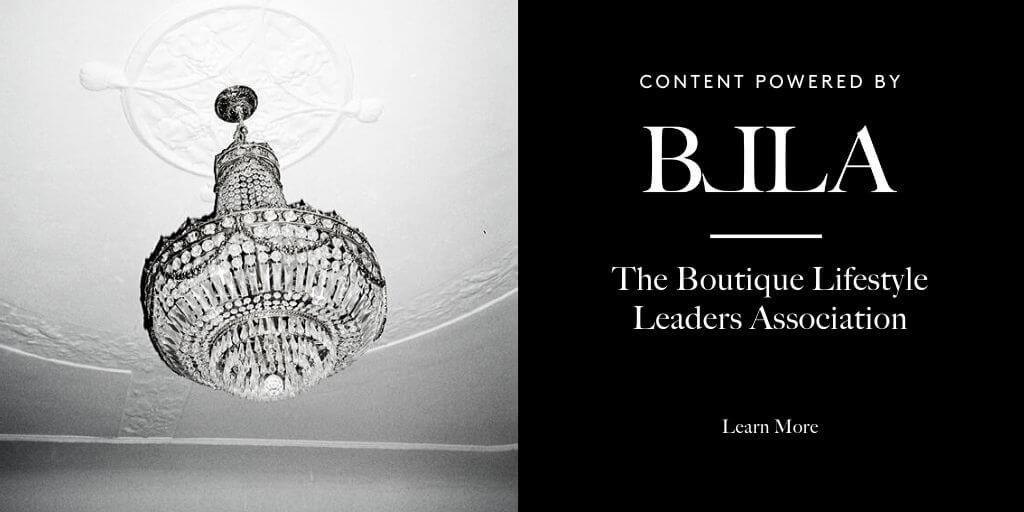On April 23, 2020 the Boutique Lifestyle Leaders Association gathered key leaders in the hospitality industry to convene and discuss with our global community insights into rules, regulations and investments amid the pandemic. The experts included:
Samantha Ahuja, Shareholder, Greenberg Traurig
Suzanne Mellen, Senior Managing Director – Practice Leader, HVS
Jon Blanchard, Founder, BLVD Hospitality
Omar Palacios, Partner, COO & CFO, Geolo Capital
The session was moderated by Daniel MacDonnell, Senior Managing Director & Securities Principal | Global Hospitality
Cushman & Wakefield
As countries around the world continue to respond to the immediate public health concerns regarding the global COVID-19 pandemic, business owners must find a delicate balance between preserving their brands and adhering to a host of new regulations. As a result, however, much uncertainty remains surrounding the boutique hotel industry’s expected response to the newly altered investment landscape.
“Mid-COVID-19, the focus of the industry remains on safeguarding its assets”, says Omar Palacios, Partner, COO and CFO of Geolo Capital. Suzanne Mellen, Senior Managing Director at HVS agrees, stating that “most new projects are on hold, so many firms are shifting to advise lenders and handle ongoing litigation versus pursuing new financing. Primarily, existing asset management has become a key focus during this pandemic.”
How Could Regulations Affect Reopen?
While the industry is at a relative halt, policymakers have been anything but idle, and lenders, investors, and hoteliers alike anticipate that regulations will continue to affect the hotel industry moving forward. However, with an uncertain command environment as reopening looms, hotel owners will need to adjust to what could be multiple sets of regulations.
“Currently, it really depends on what the situation is in each respective market that you’re in,” says Palacios, adding that reopening may very well be staggered across the country depending on the liquidity of each business and the demand in that area. John Blanchard, founder of BLVD hospitality, takes that measure a step further, suggesting that while individual brands should determine their own steps for reopening, the industry as a whole needs to take guidance from those countries that experienced pandemic first. However, the industry will likely continue to see measures such as 50% capacity, staggered floors of occupancy, and reduced staffing for some time.
Valuation Uncertainty
Regulatory changes and industry uncertainty has translated into a parallel uncertainty when it comes to valuation of hotel properties – especially when all parties involved consider the 25-50% industry valuation losses cited in the media today. Mellen points to income as the key performance indicator for hotel financing and acknowledges the difficulty in moderating the current situation and prior performance of the hotel. However, she notes that “the break-even point has lowered, to some degree, because expenses have been cut so deep.”
Still, Mellen notes that investors continue to wait in the wings, anticipating favorable pricing after the crisis ends, which she believes will help assets return to a more robust performance. As the market continues its recovery, she notes the strong likelihood that lenders will continue to extend flexibility. “Banks don’t want to repossess hotel properties, and then deal with the sales aspect.”
Liability Versus Guest Confidence
With reopening dates on the horizon, many hotel owners are concerned about liability, with some even debating the necessity of drafting a waiver or release of liability for upcoming guest stays. According to Samantha Ahuja, there’s really no right answer. “Owners are going to have to balance the risks of reopening for owners, staff, and guests alike. But, currently, it’s more about preparing to respond to a certainty – a guest or employee testing positive for COVID-19 – than reducing your liability.”
Moving forward, reopening the boutique hotel industry needs to band together to craft a set of best practices for cleaning, prevention, and general policy, says Blanchard. As with everything in the boutique industry, transparency is key – particularly regarding what the new policies state and how each hotel plans to adhere to them. Increasing guest confidence to return to travel, especially with the anticipated reduction in group events, is perhaps the most important aspect of the eventual ramp-up into the new normal hotels face.
Advice For a Successful Reopen
According to lenders, investors, and hoteliers alike, the key to a successful reopen for most of the boutique industry remains waiting, watching, and responding, with a close eye on demand. Mellen stresses the need to monitor booking, competitors, and a hotel’s potential revenue versus the cost of beginning operations. “Open only when you’re ready, and when there are people waiting and willing to travel.”
Palacios agrees, adding that hoteliers need to focus on groups most likely to travel first, including essential travelers in businesses such as construction and the supply chain. Overall, hotels must gage the risk to liability and liquidity before making a decision regarding how to return to business. It’s a decision, Blanchard states, that “must be left up to the individual brand instead of the mayor and the senator.”
Stay #BoutiqueStrong
While regulations and financing promise to remain fluid for some time, they’ll continue to have a drastic impact on the boutique reopening process. As always, BLLA encourages boutique hotel owners to continue to reach out with questions and concerns during these uncertain times. Together, we will stay #BoutiqueStrong.


